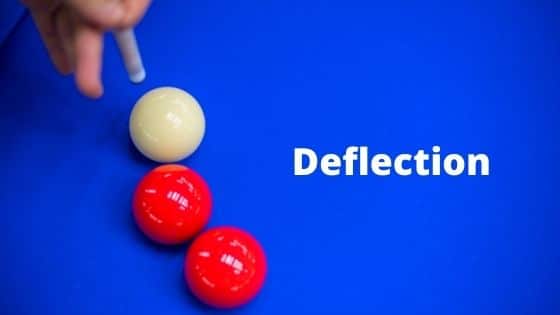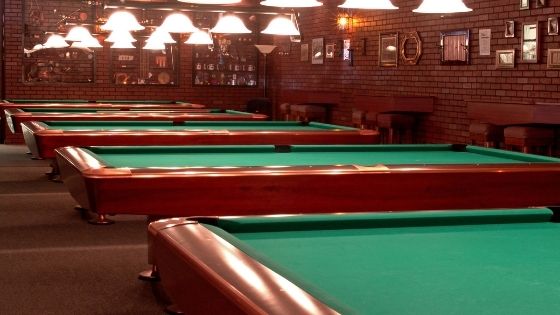The weight of your pool cue is really a matter of personal preference and a touch of trial and error. If the cue feels right, you are comfortable with the shots that you are able to play then its probably right for you.
I have heard it said that if you usually come up short on the lag shot add a small amount of weight. If you usually play long remove a small amount. This is designed to prevent you from changing your stroke to achieve a different result.
As you should know, changing your stroke is not something to be taken lightly.
The Weight of Your Cue is a “Feel Thing”.
So take the following advice with a grain of salt, the suggestions given are general and not designed to suit every pool player.
When choosing the right pool cue, weight plays a crucial role in balancing power and control. Here’s a guide to help you understand the optimal weight for different types of pool games and the effects of cue weight on your performance.
Ideal Pool Cue Weights for Different Games
- American Pool: For American pool, a cue weighing around 19.5 ounces is considered ideal. This weight provides a good balance between the power needed to handle the larger American pool balls and the finesse required for precise shots.
- English Pool: English pool uses smaller and lighter balls compared to American pool. Therefore, a lighter cue weighing around 16.5 ounces is usually sufficient. This lighter weight allows for better control and maneuverability suited to the game’s dynamics.
General Range of Pool Cue Weights
Pool cues generally range between 18 and 21 ounces. Within this range, you can find a weight that complements your playing style and enhances your performance.
Disadvantages of Using a Heavier Cue
While heavier cues can increase the speed of the cue ball due to their mass, they also come with certain drawbacks:
- Reduced Control: Heavier cues can be harder to control, especially after the cue ball contacts the object ball. This can make it challenging to direct the ball accurately.
- Less Spin: Heavier cues can limit the maximum spin you can apply to the ball. This is because the increased mass reduces the tip offset from the center, affecting spin shots.
- Increased Errors: The added weight can amplify your errors, making off-center shots more pronounced. This can lead to double-hits, pushes, or miscues as the ball does not leave the tip quickly enough.
Advantages of a Lighter Cue
Using a lighter cue has several benefits that can improve your game:
- Enhanced Responsiveness: A lighter cue is more responsive to your movements, allowing for more precise control and finesse in your shots.
- Better Control: It’s easier to maintain the line of your stroke with a lighter cue, as it glides smoothly with less friction through your guiding hand.
- Refined Shots: You need less force to move a lighter cue, which can help you make more refined and accurate shots.
Preferred Cue Weights Among Professional Players
Most professional pool players prefer cues weighing between 19 and 19.5 ounces. This weight range provides a good balance that suits both power shots and precision play, which is why it’s popular among top players like Efren Reyes and Shane Van Boening.
Customizing Pool Cue Weight
Adjusting the weight of your pool cue is relatively straightforward and can significantly impact your performance. Here are some tips:
- Weight Systems: Many pool cues come with adjustable weight systems that allow you to add or remove weight to suit your preference.
- Cue Butt and Shaft Ratios: Matching the weight of the cue butt and shaft is crucial for achieving a balanced cue. Top cue-makers follow specific weight ratios to ensure the best hitting and feeling cues.
Finally
Choosing the right pool cue weight is essential for improving your game.
Experiment with different weights to find the perfect balance that enhances your playing style.


